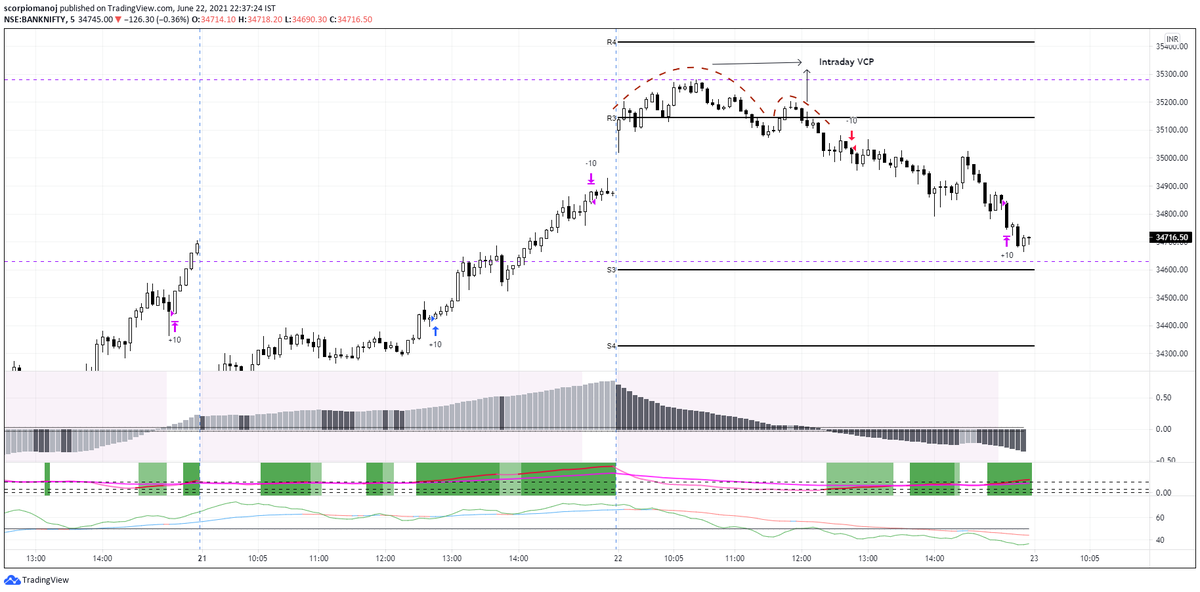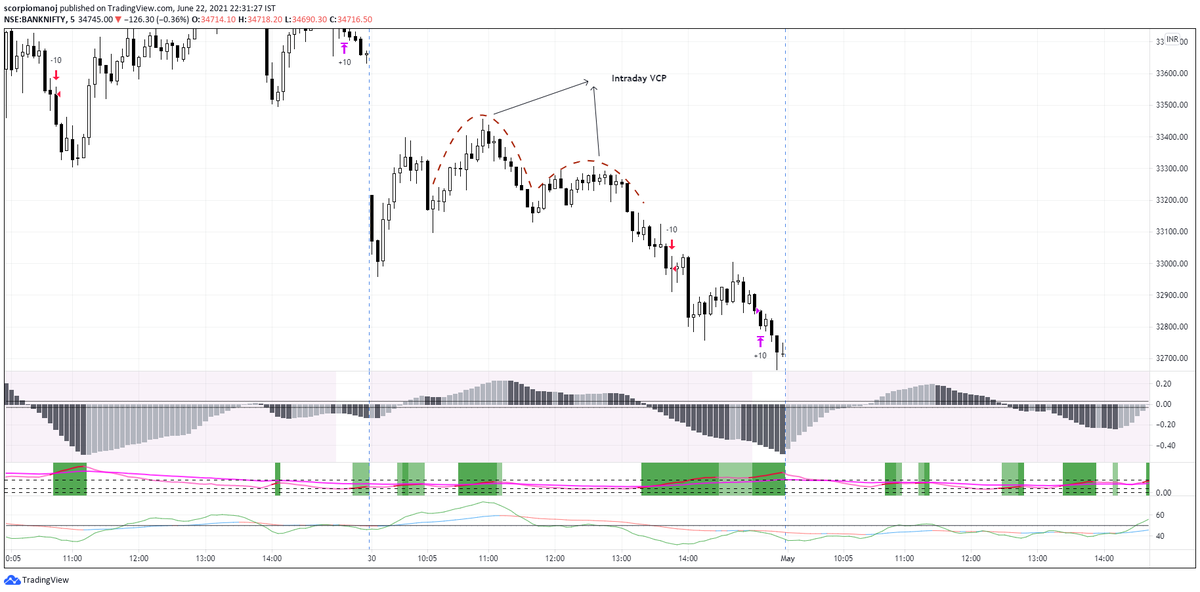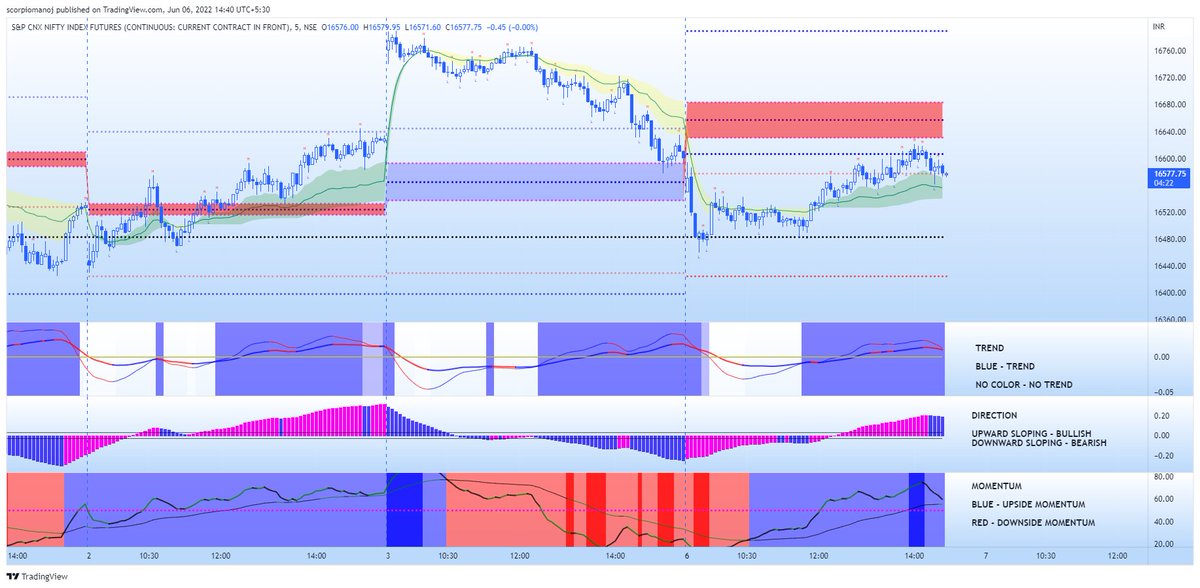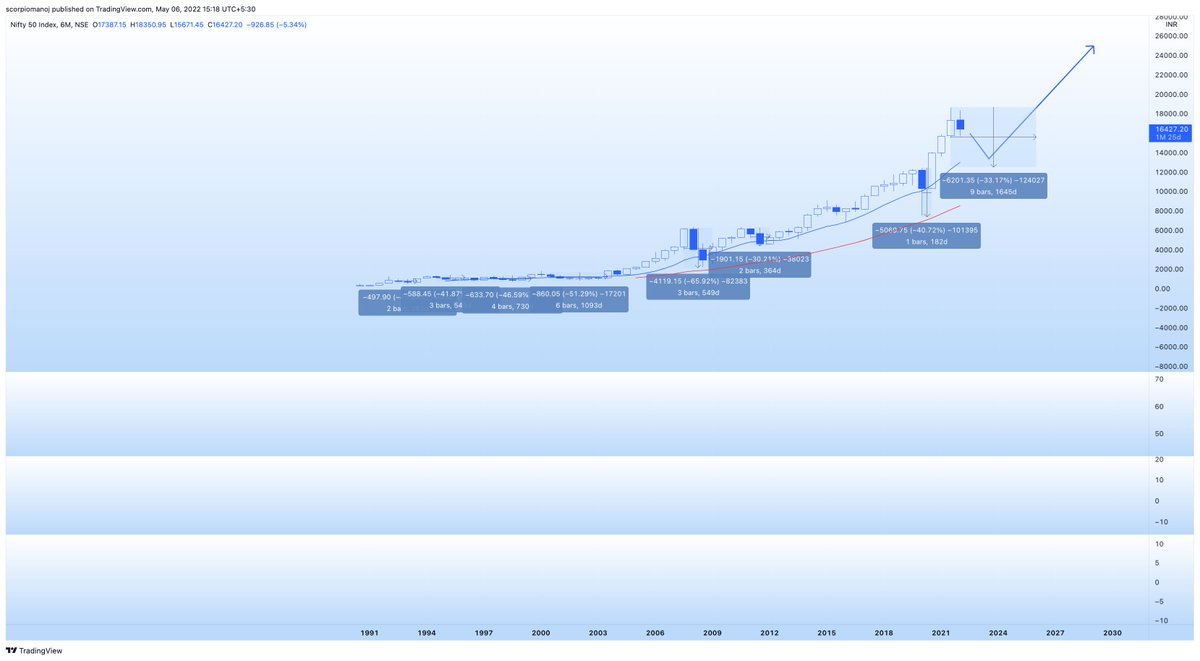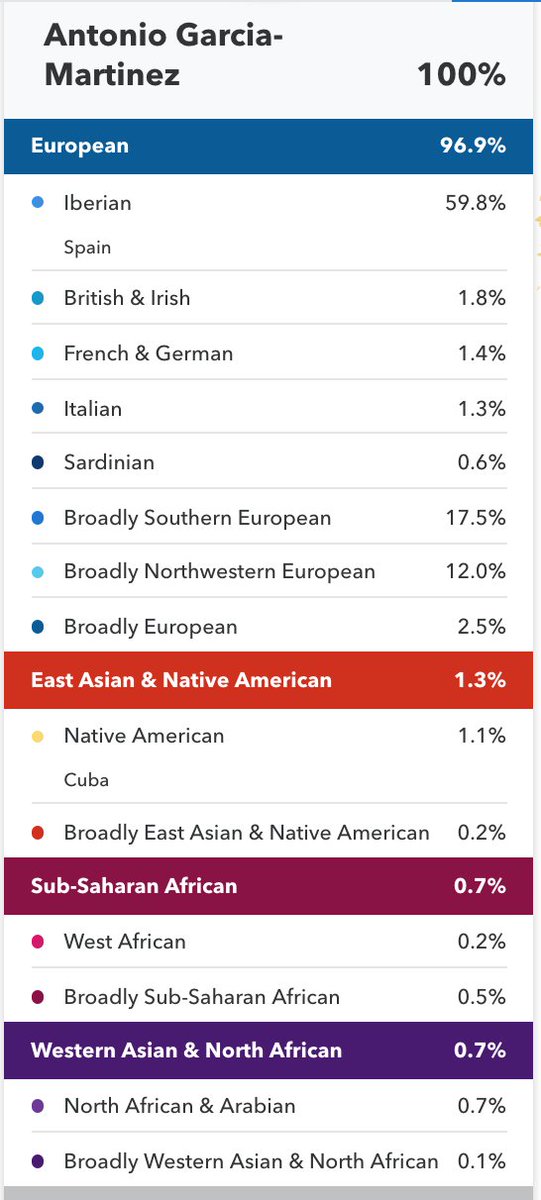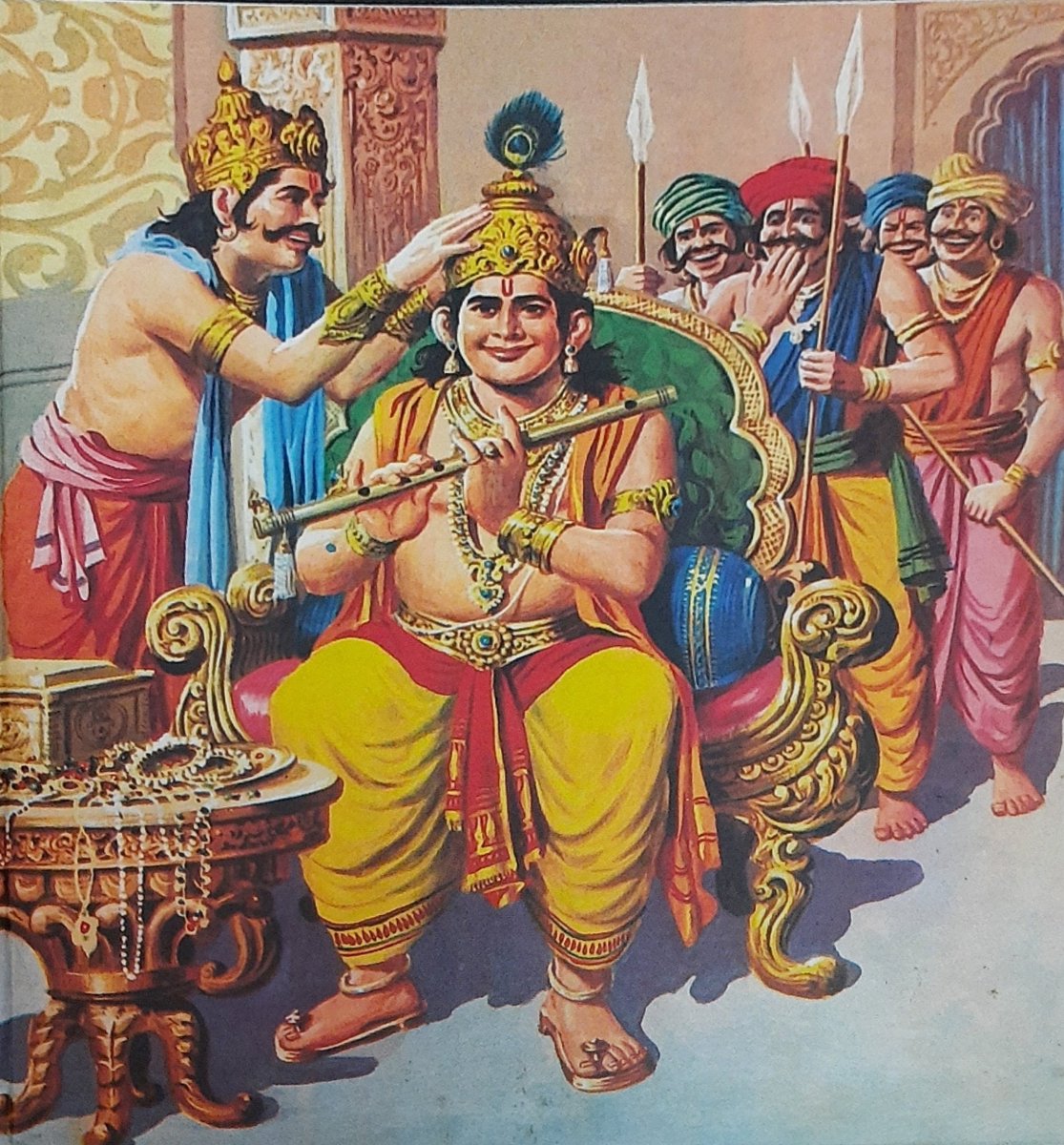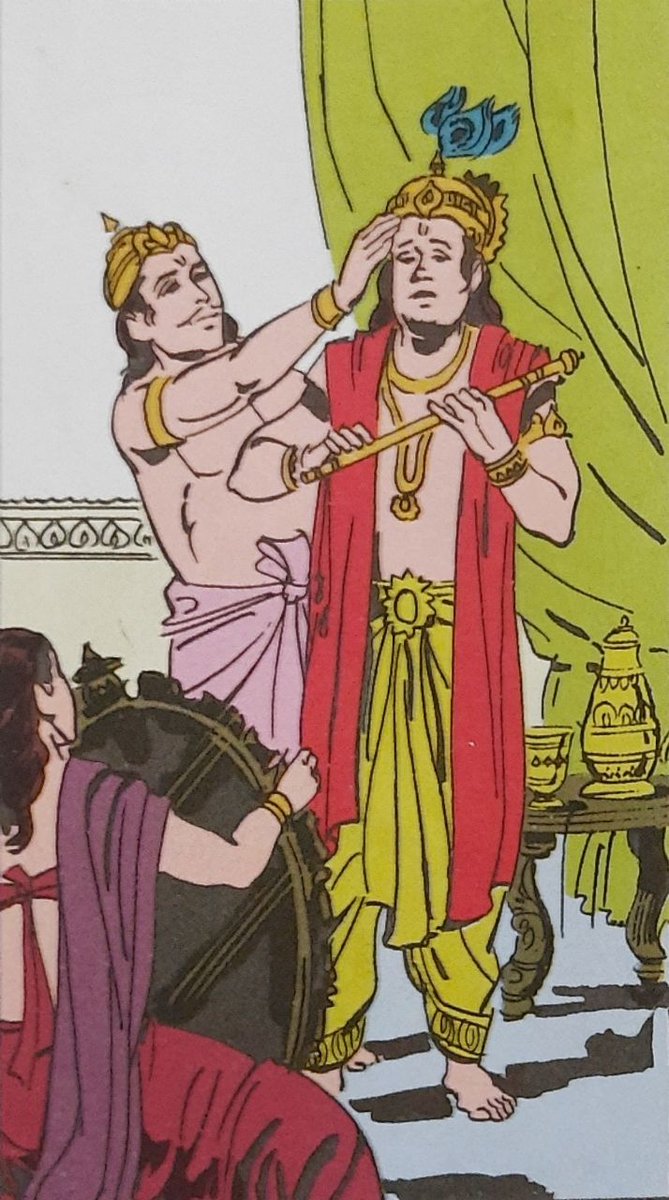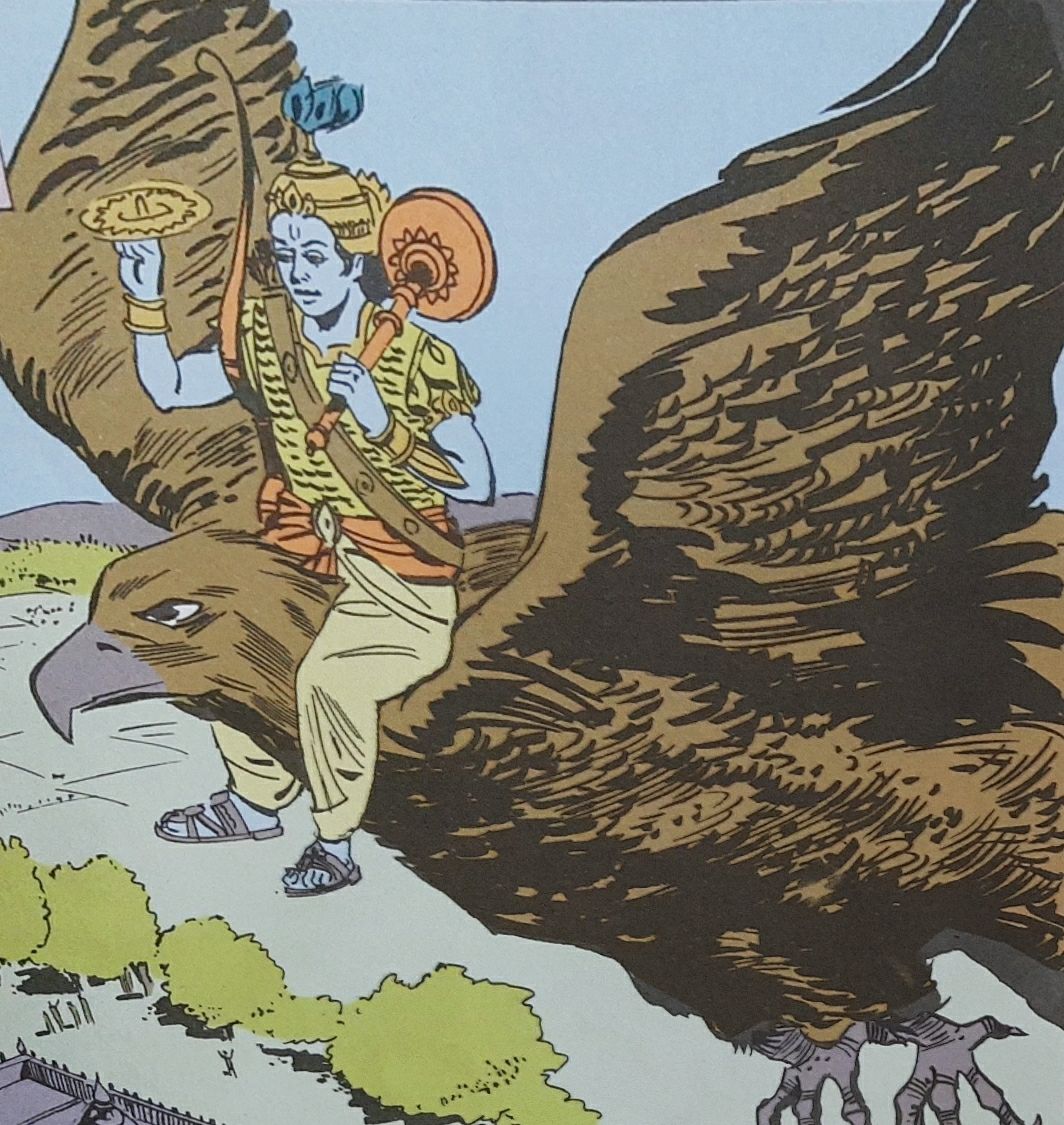#FreeTip
Finding Strike Prices to sell Options based on #Vix
Eg:
As on 15/06/21,
#Nifty 15869
#Vix 14.61
Days to expiry = 2
Exp Range = 15869 X (1-(14.61% / sqrt(365/2))) to 15869 X (1+(14.61% / sqrt(365/2)))
ie, 15697 to 16040;
Hence pe strike 15700, ce strike 16050;
More from HMK alias MANOJ
More from Optionslearnings
Let me apply @Bijay_reborn 's strategies in options for some days and then share them.
2 Strategies I liked:
1. Plot ATM week CE/PE charts with VWAP & OI Change. Buy when prices move past VWAP while OI starts to move down.
2. Plot ATM Mth CE/ PE with AVWAP. If above, buy wk CE/PE
2 Strategies I liked:
1. Plot ATM week CE/PE charts with VWAP & OI Change. Buy when prices move past VWAP while OI starts to move down.
2. Plot ATM Mth CE/ PE with AVWAP. If above, buy wk CE/PE
master can you give few key points in english. Saw the entire video with subtitles but did not understand.
— bala (@BalaThink) March 13, 2022

